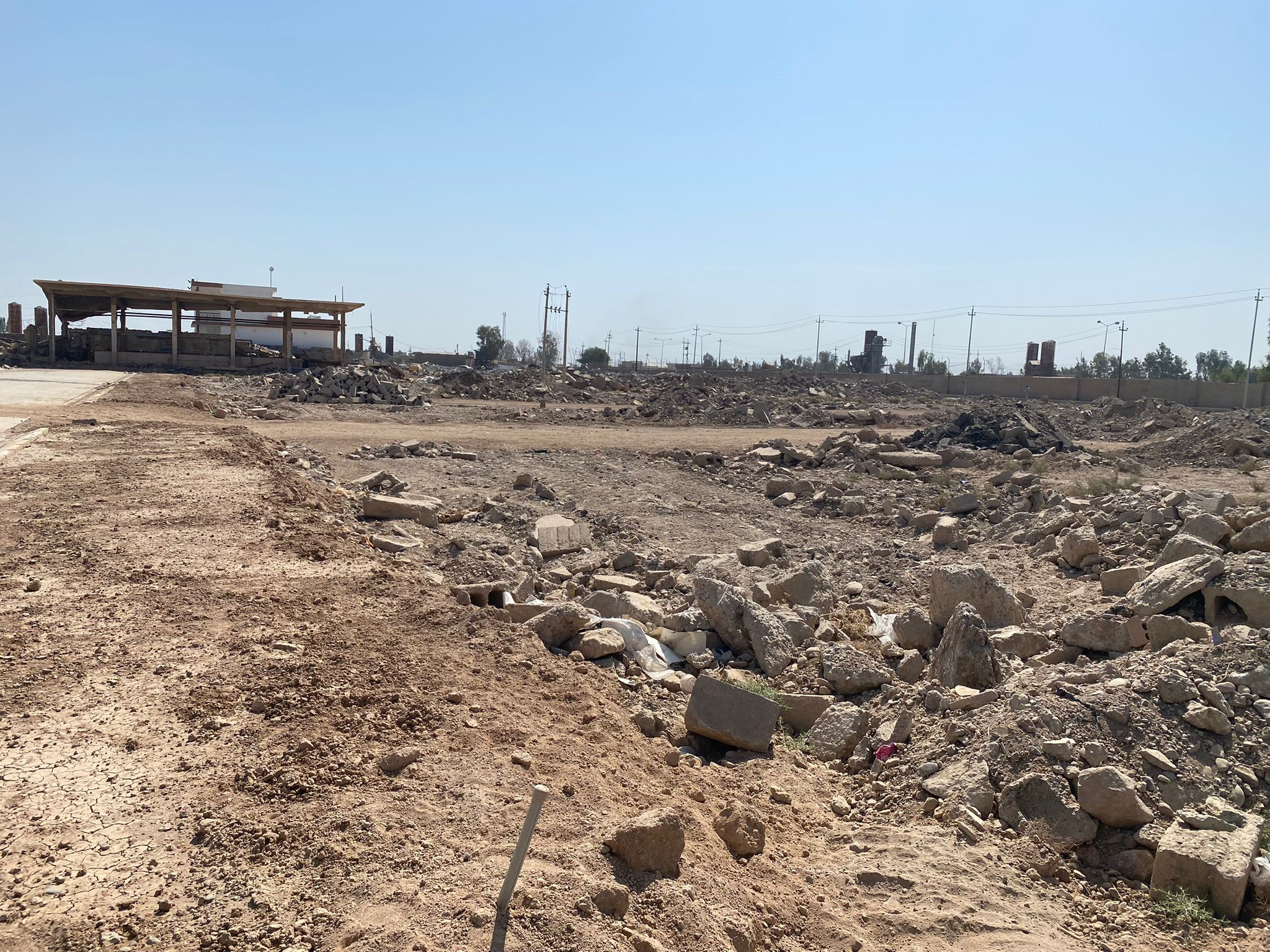PAX welcomes the clear signal the Court gave to the Dutch State: If the State claims it acted according to the law, it must provide information to support that claim. Effectively, we believe the court argues that accountability is possible only with transparency. PAX has similarly argued for years now that it is unacceptable and deeply undesirable from the perspective of civilians living through conflict, that militaries appear to be able to get away with causing significant harm by saying they acted within the law, without having to provide evidence for their efforts and procedures to mitigate harm. We hope the State will follow the Court’s suggestion and finally make available all documents that are needed to understand the full chain of events leading to at least 85 deaths in Hawija in 2015. Today’s ruling should also be taken as a sign that in future military operations, the Netherlands can no longer deflect responsibility to allies and partners, but instead needs full access to all information informing targeting decisions.
This preliminary ruling comes after a hearing in October 2023 in which the Iraqi survivors, represented by lawyers Liesbeth Zegveld and Thomas van der Sommen, demanded compensation for the harm they suffered following the 2015 airstrike. Many of the plaintiffs were present in the court that day, emotionally relating their experiences of that night and its aftermath, some of them having brought pictures of the loved ones they lost. Their lawyers argued that the Netherlands had taken an unacceptable risk in targeting the VBIED factory, which – so it was argued – the Dutch military could have known could result in a large secondary explosion. The lawyers further pointed to the circumstance that, at the time, many IDPs lived in the targeted area and that this area was also located near several residential neighborhoods, and wanted to know what the State knew and could have known about this prior to approving the airstrike.
Could not provide supporting evidence
The State defended its decision by maintaining that a careful Pattern of Life (PoL) analysis was conducted prior to the airstrike and that the Collateral Damage Estimate (CDE) at the time indicated only a very small risk of collateral damage in the form of damage to a building neighboring the munitions factory. However, the State argued it could not provide the court with supporting evidence like the targeting package or CDEs of previous, similar operations, as most of this is classified information held by its military ally, the United States.
While PAX supports the full disclosure of relevant information, the court is assigning a different set of judges with the task of evaluating the validity of the State’s arguments in withholding this information. Depending on the outcome of this separate ruling, the final verdict may be based on an incomplete picture of the circumstances in which the airstrike took place.
Accountability for military operations
Notwithstanding that PAX believes the court case is an important moment for the affected civilians in Iraq and for the future of accountability for military operations in the Netherlands, we also believe that a fair response after an event leading to civilian ham should not depend solely on the question of legality. In the Hawija case, for example, the Netherlands should assume responsibility for the consequences of their actions for civilians in Hawija, regardless of the question whether the strike was legal, procedurally justified, or not. Our research has convincingly shown that the survivors of the airstrike in Hawija want two main things: First, a public and meaningful apology by the State towards those directly affected; second, individual compensation to enable them to rebuild their lives.
It is mostly because of the Netherlands’ unwillingness to engage with civilians in Hawija directly on these demands that they have taken the Netherlands to court. A new, compassionate response policy would prevent victims from having to walk this lengthy legal route in the future.




